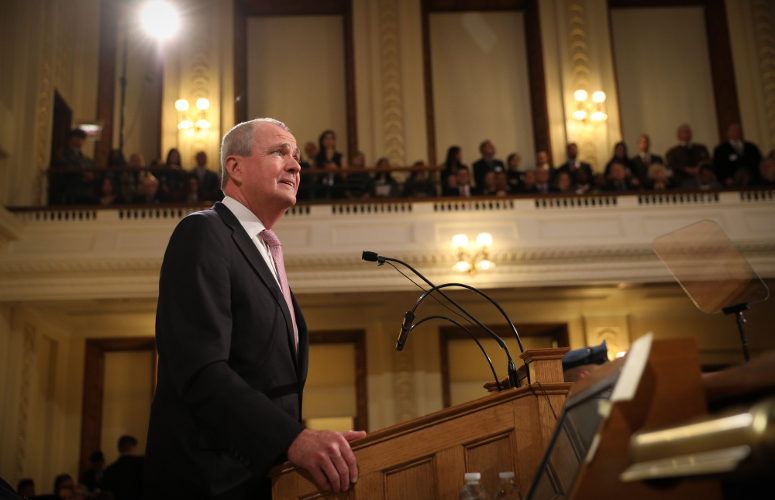
NJ Food Council Discusses Impact of Inflation on Industry
On Apr 7, 2023Leaders from New Jersey’s food retail and distribution businesses gathered in Atlantic City late last month to address critical issues of inflation, labor shortages and lingering supply chain disruptions, following the pandemic that put the neighborhood supermarket on the front lines of “beyond essential” services.
“Local food stores remain the cornerstone of our communities and their supplier partners continue to overcome obstacles to provide consumers with the products that they need for their families,” said New Jersey Food Council (NJFC) President Linda Doherty.
“Our members are facing a new wave of constraints and unpredictable challenges such as increasing food costs, skyrocketing fuel and energy prices, an irradicate workforce, transportation and port outages, disruptions in supply chains and growing labor and operational expenses,” she explained. “These obstacles have triggered this record inflationary period and fear of a recession. But throughout it, our members remain steadfast, resilient and beyond essential.”
Doherty noted the stubborn inflation has been hard on every facet of business and customers, adding that the NJFC 2023 Trade Relations Conference was ideally timed for NJFC members to discuss how to “tackle these unchartered waters head-on, making operational adjustments and helping shoppers manage their food budgets.”
The conference featured a keynote presentation by Jim Dorey, president and chief operating officer of Inserra Supermarkets, based in Mahwah. Recently, Dorey joined Inserra, which operates 22 ShopRite stores and two Price Rite locations in New Jersey and New York.
NJFC Chairman Andrew Kent, of Glass Gardens ShopRite, said trade relations is at the heart of the Food Council, as the trade association nurtures business relationships between retailer, supplier, broker, co-op, and wholesaler members that drives the “beyond essential” $136 billion food distribution industry in New Jersey.
“We are committed to encouraging trade partnerships and providing a better understanding of supplier and retailer business models to strengthen and grow our businesses both in the good and bad times of business, which we encountered this past year,” Kent said.
“Since we gathered last year, the food business has been defined by relentless price increases, evolving consumer behavior and questions about how historic shifts unleashed by the pandemic will affect the industry’s performance as the economy plows ahead,” he added. “The unprecedented inflation we and our customers face pose an especially tough challenge for our industry, but we remain hopeful that the pace of price increases will slow considerably as 2023 progresses.”
In navigating this era of high prices, Kent said, NJFC members are introducing more discounts and promotions, creating more private label merchandising, adapting to the adjustment in benefits for SNAP customers and keeping up with consumers’ buying habits. The trade relations conference focused on the key, nagging concern: overcoming inflation.
The New Jersey Food Council is the Garden State’s preeminent trade association representing almost 400 companies including 1,200 retail food stores, wholesalers, manufacturing and service companies that collectively employ more than 200,000 associates in New Jersey.
To access more business news, visit NJB News Now.
Related Articles:





